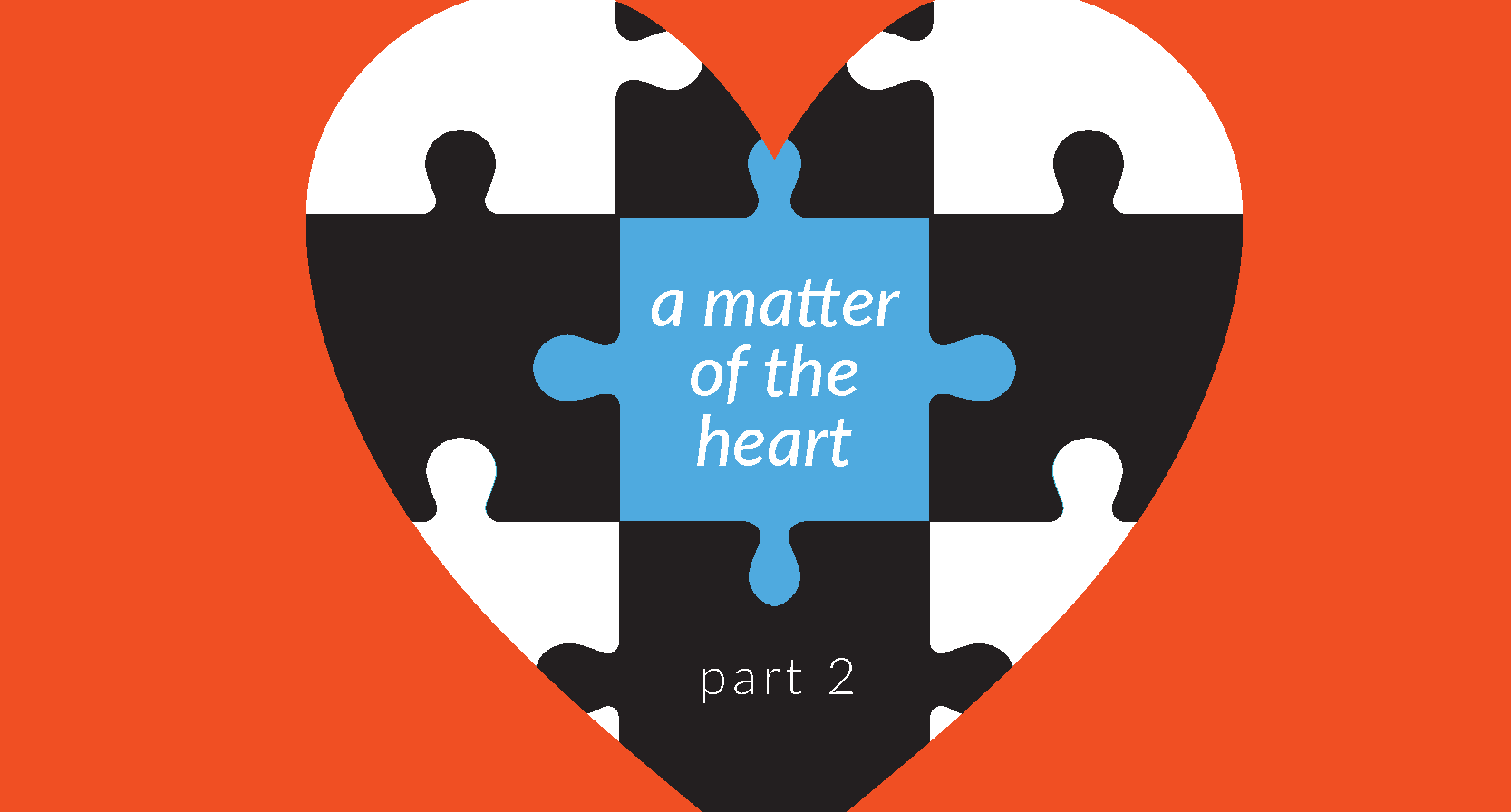Just joining this discussion? Then click here to catch up.
With me now? Good. Then you know that we left off yesterday’s discussion with the cryptic statement about the law that Jesus made in Matthew 5:17-18 when He said,
“Do not think that I have come to abolish the Law or the Prophets; I have not come to abolish them but to fulfill them. 18 For truly, I say to you, until heaven and earth pass away, not an iota, not a dot, will pass from the Law until all is accomplished.” This is one of the most misquoted scriptures in all the Bible, but even when people do get it right, they often don’t understand it correctly”
Friends? It is absolutely vital that we understand not only exactly what Jesus was saying here, but also exactly what He was not saying.
What’s another way of putting this?
Commentator Jon Courson says the following,
“When it comes to Jesus’ statement, “I have not come to destroy the law, but to fulfill it, what He’s saying is, “I am not seeking to weaken it, but to establish it.”
The age old barrier to mankind being reconciled with God is not our only sin—another one is our inability to think of ourselves as ‘sinners.’ People think, “Well, I’m a pretty good person.” But the law says, “Oh really? Well here’s your standard.” And suddenly, as they read through the law, they realize they’re sinners in need of a savior. At least we hope they realize this. Some read through the law and are only inspired to try harder to be good—an exercise in futility if ever there was one. Many of those at Summit Church have heard me say this before, but it’s worth saying again.
“God’s not after our behavior, He’s after our heart!”
That’s right, it’s always been a “matter of the heart.” From Old Testament times to New Testament times to modern times—and it’s still a matter of the heart for God.
So, it’s not that the law is abolished and we can all cast off restraint and do anything and everything we want—nor is it the opposite, that by fulfilling the law Jesus meant to just add more laws. It’s neither. It’s about our motivation for doing good things and not doing bad things.
Honestly, it doesn’t matter where we live, where we go to school, what job we have, who our family is—anywhere we are and everything we do can either be “as unto the Lord,” or it can be, “as unto ourselves.”
For example, I can workout at the YMCA (and do – Don’t tell me you haven’t noticed!) and it can be an act of worship if I say, “Lord, I thank You for the fact that I can exercise. Help me to somehow reflect you even as I go through my routine workout. May this be a time where I actually encourage others around me and really be thankful to you form the heart!”
You are in the Holy of Holies at that time, even though there isn’t a worship team or pew or pulpit in sight (unless I’m doing preacher curls – sorry, that was weak). Does this mean you should never read your Bible, or pray, or tithe, or go to church? Of course not. It means, however, that our motivation for doing these things changes. Instead of feeling responsible to demonstrate your level of spirituality, you realize the work has already been done, the price paid, the victory won—and study of the Word, prayer, tithing, fasting, serving one another, and any number of other spiritual disciplines changes from one of responsibility to one of response.
I love the example theologian and pastor Jon Courson shared on this,
“When my wife gives me a Valentine, I don’t say, “I better read this. In fact, I’ll have to discipline [myself to set aside some time each day] to do it. I’ll begin carving out time tomorrow. Hope I can stay awake. Hope she’s impressed that I read it.” That’s crazy! And yet we take the Valentine of God’s Word—His love letter to us—and say, “Well I better discipline myself. Hope I can stay awake. Where should I start?” When you’re in love with someone, you want to know what she’s saying, what he’s thinking, what they’re feeling. You want to know her mind; you want to hear his heart”
Why do I study the Bible? Because I am so impressed with the Father that I want to know more about Him!
Tomorrow I will wrap this up with the main reason I started this blog series in the first place—for those who mistakenly believe that tithing is somehow ‘wrong’ because we are “not under the law, but under grace…’
You won’t want to miss it!
